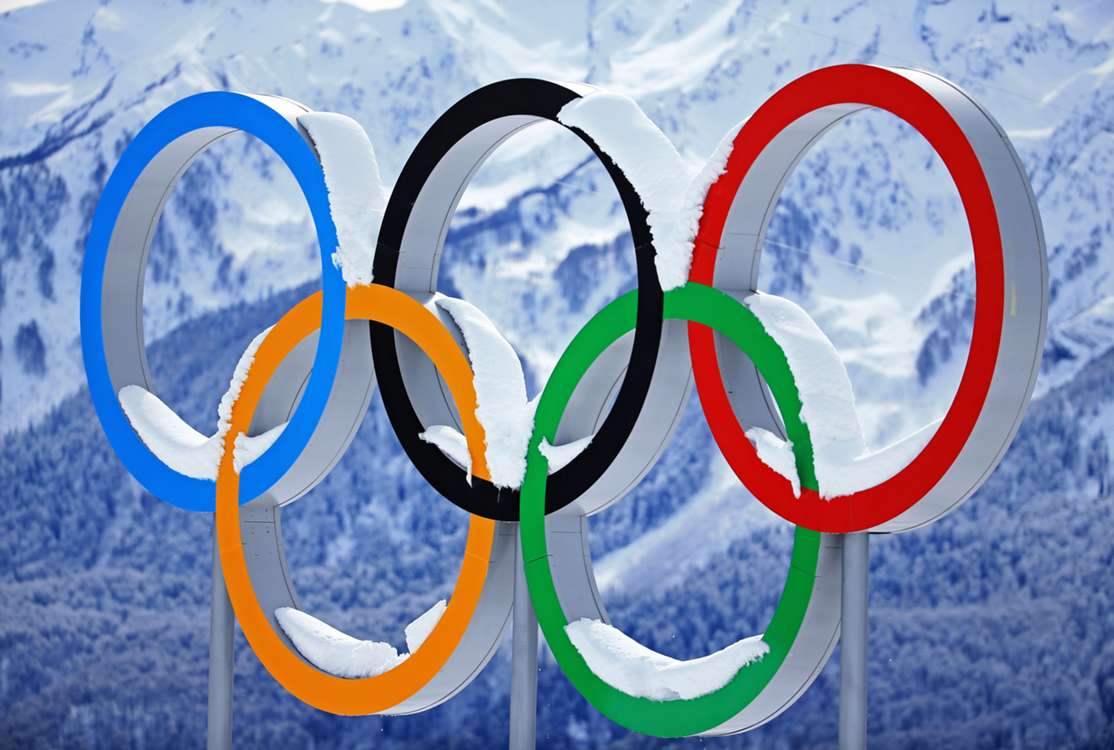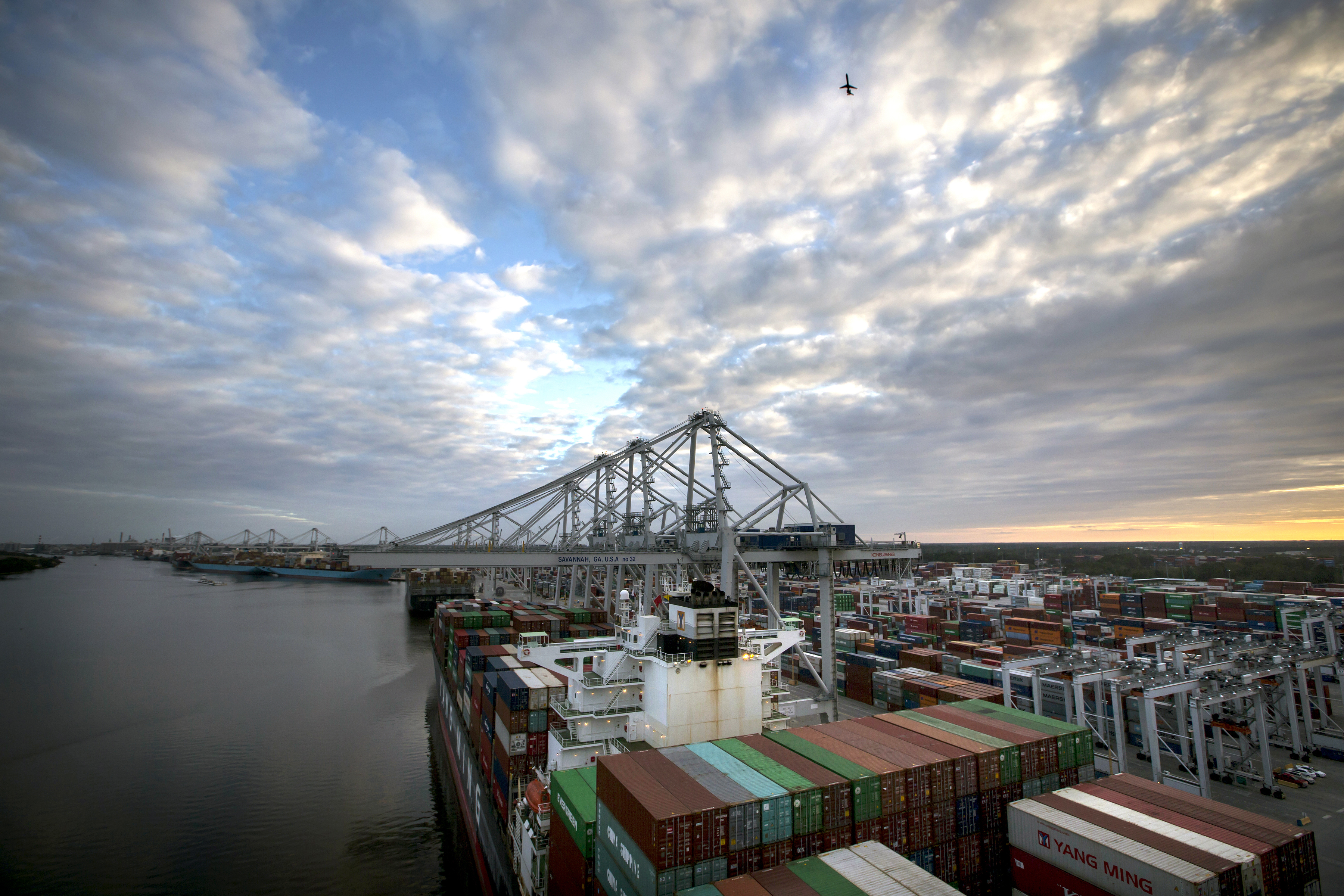On July 31, 2015, by a narrow margin of 44 votes to 40, Beijing beat the city of Almaty, Kazakhstan, winning the bid to host the 2022 Winter Olympics. Fresh off of the 2008 Summer Olympics, China is hitting the ground running to prepare for its next chance to showcase the capital city.
Never before has a city seen such a quick turnaround—just fourteen years—in between hosting the Olympics, and never before has one city hosted both the Winter and Summer Olympics. Therefore, China has a unique opportunity to capture the world’s attention again as they again host two weeks of athleticism, cultural exposition, and international hospitality, this time learning from the quite recent experience of 2008.
And what an experience it was. The 16-day event mobilized nearly 11,000 athletes, over 21,000 journalists, and over 80 heads of state to Beijing. An army of 1.5 million citizen volunteers aided its facilitation. The Games prompted the construction of twelve brand new sports venues, the most famous of which was the National Stadium, affectionately called The Bird’s Nest due to its woven steel girder exterior, with a capacity of 91,000. China, who all in all spent $20 billion on the Games, clearly wanted to—and did—show the world its willingness to financially commit to the success of this prestigious honor.
However, one investment China certainly didn’t make was in human development. Back in 2001, China’s Human Development Index (HDI), which takes into account a nation’s life expectancy, average amount of schooling per citizen, and gross national income, was around .777; while not an amazing number, it is normal for a developing country. China’s HDI ranking has steadily remained in the .700s since, and is currently .719, giving them the 91st highest HDI worldwide, almost exactly in the middle of the 187 countries on the United Nations’ recent list. By comparison, the United States’ HDI is .914, the fifth highest in the world.
The issue for which China is more notorious worldwide is its atrocious air quality, which was central to many of the arguments posed by those against Beijing’s bid for the 2008 Games. Beijing launched a “blue sky” initiative back in 1998, just three years before winning its bid for the Games. In that year, Beijing saw only 100 days when its air quality met acceptable standards to be considered a “blue sky” day—the term suggests that a day not meeting the criteria is obscured by harmful smog. Clearly, when it came to long-term statistical measures of human rights and development, China was not anyone’s idea of a model state back in 2001.
This trend of human rights issues did not improve during the years leading up to August 2008. The Chinese government was reported to have forcibly evicted thousands of residents in order to clear space to build new sports venues. These citizens were often given little notice of the coming eviction, nor sufficient compensation for their lost property. This was considered legal to the Chinese government due to the complete lack of private property rights in China. A Geneva-based human rights group, the Centre On Housing Rights and Evictions (COHRE), made an estimate in 2007 that China was to evict over 1.5 million citizens from their homes; China sharply denied the magnitude of this claim, putting the number of people displaced at 6,037 since 2002.
China is not alone when it comes to human rights issues causing controversy at the Olympics. In 2014, Sochi, a Russian resort town on the Black Sea, hosted the world’s top athletes for the Winter Olympic Games. Russia’s stretched thin infrastructure was brought to national attention when journalists found that many area hotels lacked potable water, adequate construction, or in some extreme cases, lobbies themselves. Still others weren’t even finished when guests arrived.
My hotel has no water. If restored, the front desk says, "do not use on your face because it contains something very dangerous." #Sochi2014
— Stacy St. Clair (@StacyStClair) February 4, 2014
For those of you asking, when there's no lobby in your hotel, you go to the owner's bedroom to check in. #Sochi2014
— Mark MacKinnon (@markmackinnon) February 4, 2014
A human rights issue that caused many worldwide to go as far as boycotting the Olympics was Russia’s treatment of homosexual citizens. A law had recently been passed prohibiting the promotion of ‘non-traditional’ sexuality. Merely telling someone under the age of 18 about any sort of LGBTQ concept merits a fine, and many saw this as a means of restricting the freedom of speech of gay rights protesters.
China and Russia are both members of a group of rapidly developing nations known as the BRICS (Brazil, Russia, India, China, South Africa). In 2016, Rio de Janeiro will host the Summer Olympics, making Brazil the third BRICS member in eight years to host the Games, and the first ever South American city to host them. However, even Rio is not without controversy; there is much debate over whether or not the water to be used for the Games’ aquatic events could potentially be contaminated by nearby sewage systems.
While lately it is clear the International Olympic Committee (IOC) has an affinity for awarding the Olympics to developing countries, one must wonder if there is any motive behind this pattern.
The international prestige and attention a country garners by hosting the Olympic Games can be put put to good use if coordinated well with publicized reform or humanitarian efforts. The IOC’s Olympic Charter does contain a clause promoting concern for environmental issues as it relates to hosting a sustainable Olympic Games, and this could easily be translated to an attitude of promoting sustainability to developing nations.
Regardless of any ulterior motive of the IOC, China has many examples from which to learn as it prepares for its second Olympic Games in 2022.
Photo: ibtimes.co.uk


